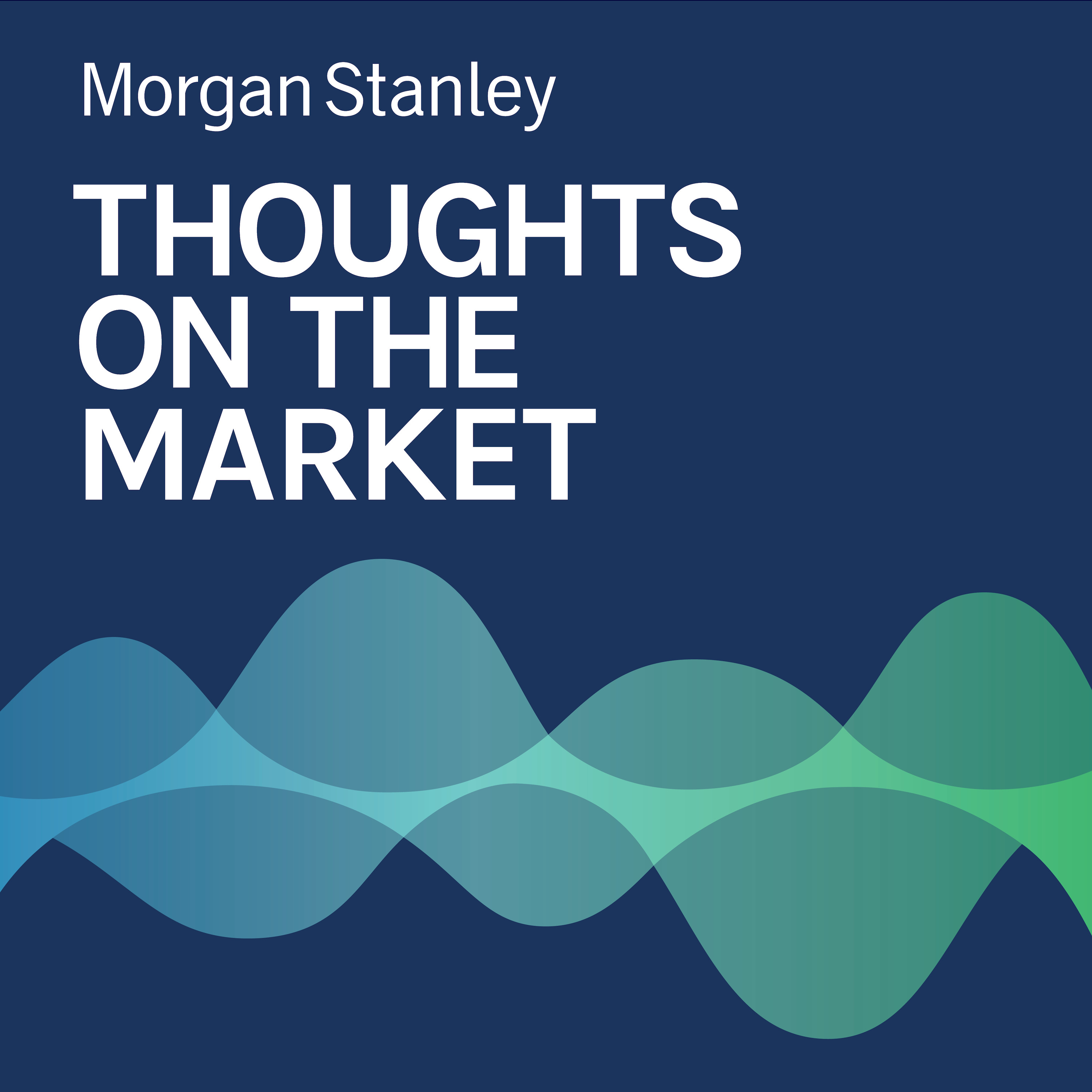2022 European Equities Outlook: Volatility Inbound

b"
With investors expected to deal with an increase in volatility in 2022, our outlook for European equities remains strong into next year.
----- Transcript -----
Welcome to Thoughts on the Market. I\\u2019m Graham Secker, Head of Morgan Stanley\\u2019s European and UK equity strategy team. Along with my colleagues, bringing you a variety of perspectives, I\\u2019ll be talking about the recent volatility in asset markets and how it impacts our 2022 outlook for European equities. It\\u2019s Tuesday, December the 7th at 4pm in London.
In recent weeks we have been arguing that equity investors would likely face an increase in volatility over the coming year. However, we hadn't envisaged this manifesting itself quite so soon, or that markets would face a double challenge from a renewed covid-driven growth scare and a tighter US monetary policy shift weighing on sentiment at the same time. To make matters worse, calendar effects are magnifying these uncertainties, with investors wary of adding risk - or alternatively encouraged to de-risk further - as we approach year-end.
In the very short-term market volatility may remain high, however absent a severe hit to growth from the new variant we think this will prove to be an attractive entry point over the medium term for two reasons. First, European equity valuations look increasingly appealing. We can find plenty of attractively valued stocks here in Europe with 28% of listed companies trading on a PE below 12.
Second, some of our tactical indicators are now quite extreme, with the number of 'bears' in the AAII investor survey now up to its 90th percentile \\u2013 an occurrence that has historically proved a very strong buy signal.
Post this drop in both equity valuations and investor sentiment we think that the worst of this equity correction is now behind us - absent a material profit disappointment that we just don\\u2019t see at this time. Such a scenario would likely require a more extensive and sustained hit to activity from the Omicron virus and/or a sharp deceleration in end demand that could signal that inflation is morphing into a more stagflationary environment.
Neither do we see any growth implications from the apparent recent shift in Fed policy. Here we think the biggest implications for equity markets comes from a potential increase in real yields which traditionally occurs at the start of a new Fed tightening cycle. Such a move would fit with our bond strategists forecast for a significant rise in US real yields up to -30bps next year, an outcome that would likely cause substantial disruption within equity markets. Specifically, higher real yields should increase valuation sensitivity and push equity investors to skew portfolios away from some of the most popular and expensive stocks in the market and towards those offering better value.
At the regional level such a shift should favor European stocks over US peers as valuations here have already normalized. Looking out over the next 12 months our index target for MSCI Europe suggests 13% price upside from here, which rises to over 16% when we add in the dividend yield too. Within the market we prefer the more value-oriented sectors given the prospect of higher bond yields, attractive valuations and greater scope for earnings upgrades given that current expectations look unduly low. In particular, we like Autos, Banks and Energy \\u2013 all three have outperformed the market in 2021 and we see more upside next year too.
Thanks for listening. If you enjoy the show, please leave us a review on Apple Podcasts and share Thoughts on the Market with a friend or colleague today.
"